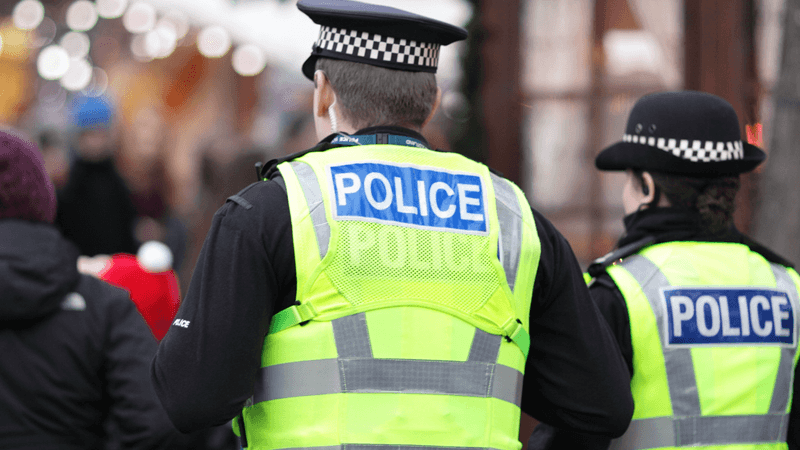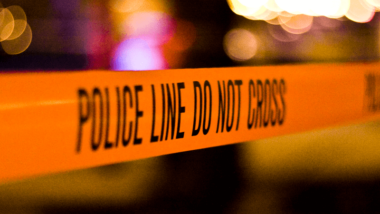Police forces in England and Wales have been accused of prioritising ‘non-crime hate incidents’ over dealing with violent crime, after a Freedom of Information response revealed they had logged 120,000 such incidents.
Campaign group Fair Cop says that continuing to record allegations of so-called hate speech, where police officers have ascertained that no crime has occurred, has a “chilling effect” on free speech.
None of the 43 forces in England and Wales could identify a single crime which had been prevented by logging such accusations.
Judicial review
The College of Policing recently came under fire for saying social media hate crime should be treated as a priority.
Senior officers say that keeping a record of complaints helps the police “measure tensions effectively and to prevent serious hostility and violence”. But 20 forces said they have no system to enable them to monitor the effectiveness of recording the accusations.
The claims can stay on a person’s record for up to six years, and once logged, there is currently no way to have them removed.
The College recently extended its guidance on the incidents to schoolchildren. It stated that hate incidents can include “ill-will, spite, contempt, prejudice, unfriendliness, antagonism, resentment and dislike”, but it is facing a judicial review over the move.
Weaponised woke
Harry Miller, a former police officer and the founder of the Fair Cop free speech group, responded to the figures.
“Non-crime hate incident reports do not appear to have any usefulness as a crime prevention tool, but what they do have is a chilling effect on free speech because they make people think twice before saying or posting something on social media in the fear that it could land them with a criminal record.
“These reports have allowed the police to become weaponised by woke activists who seek to attack and shut people up if they dare to express any views that they do not agree with.”
‘Thought police’
Sir John Hayes, chairman of the Common Sense Group of MPs and peers, agreed.
He said: “There is a real threat in our society of the development of a thought police where only certain views are permitted and all else is at best regarded as unacceptable and at worst is deemed illegal.
“We must not meander into an Orwellian world where certain views are proscribed by an unrepresented and zealous minority who are determined to eradicate any views that are not compatible with their own.
“They are undermining the very essence of what it is to live in a free society.”
Police force continues to mislead public on ‘hate crime’ despite apology
Free speech campaigners critical of report on ‘hateful extremism’
Govt announces tough new measures on uni free speech
Scots Justice Committee springs eleventh-hour consultation on hate crime Bill


